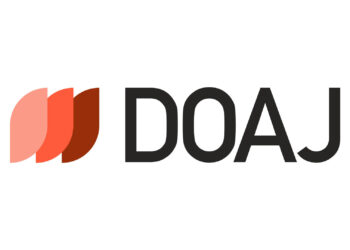“Wisdom of the crowds” vs. “expertise” is a common contrast these days, with the social web being scrutinized for failings and weaknesses by people who think there’s still a chance of turning back the clock.
This week was an interesting act in what I think is ultimately a misguided drama of comparisons — Newsweek published an article celebrating the re-emergence of expertise (and quoting Andrew Keen, a snob) while a Nobel laureate retracted an article because of problematic data, and a South Korean researcher was suspended over falsified data.
Ultimately, what this illustrates to me is that expertise is as fallible and prone to bias or subterfuge as knowledge not dressed up as expert. Scholars get sloppy and greedy and egotistical at times, and there have been many cases of scientific fraud over my lifetime, from cloned stem cells to cold fusion. Given the facts, contrasting the behavior of a small group (“experts”) to a larger group (“non-experts”) and concluding that experts are superior strikes me as pure elitism. Errors emanate from either group, fraud is perpetrated within each group, and ignorance can perpetuate bad ideas or poor mental models. The group of “experts” is smaller, so in absolute numbers, experts generate fewer errors. That doesn’t mean their rate of error is lower by a significant amount.
This leads me to a thought about how what succeeds online is reminiscent of what we know in scholarly publishing. Google works because of PageRank, which is very reminiscent of citations and impact factors. Wikipedia works because it is like a living form of peer-review around a popular reference work. Reputations, track-records, and citations — sounds awfully familiar.
To me, telling people they have to decide between the “experts” OR the “wisdom of crowds” is a false choice. I think a world in which the OR changes to an AND is bound to be superior. We need more knowledge, more points of view, and more observations in this uncertain world we inhabit. And we all need our feet held to the fire, so if you write something, you should be held accountable.
I may live to regret writing the preceding sentence. After all, some non-expert may catch me in a contradiction at some point. But won’t we be better off for it? And isn’t this making more people familiar with the transparency and meritocracy of scholarship?


